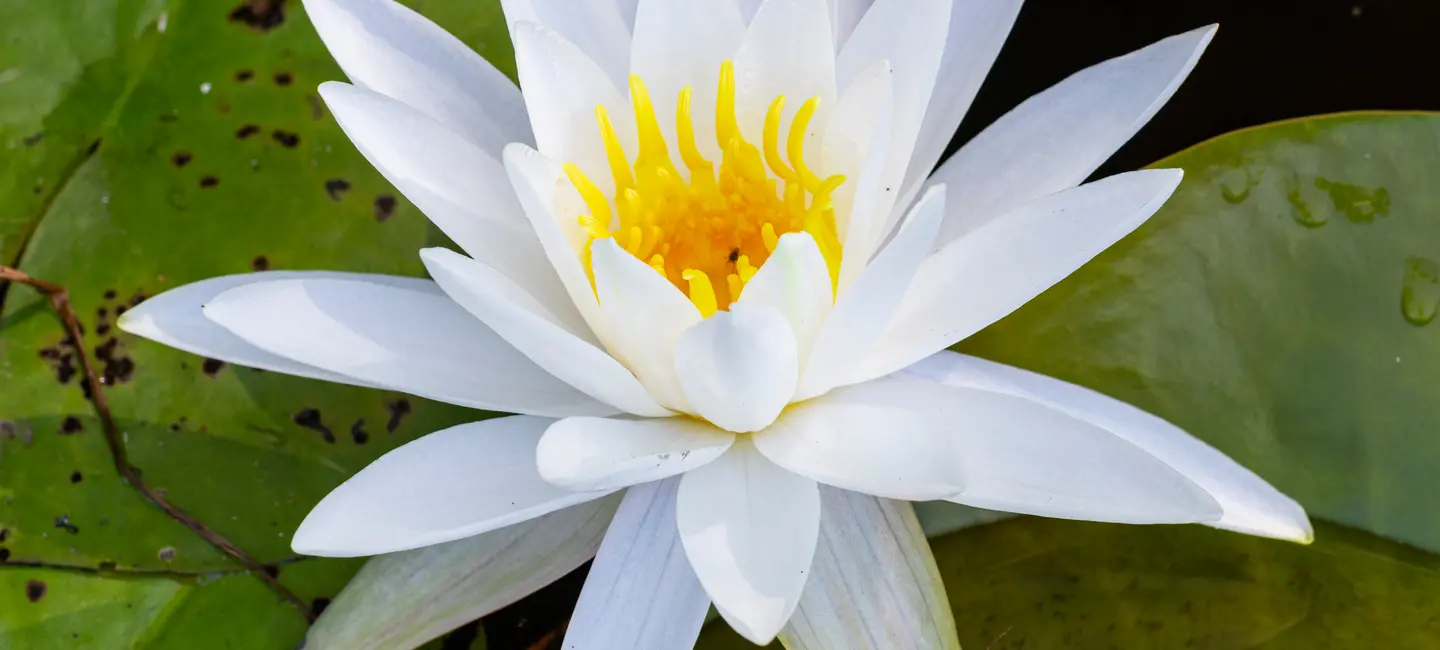
American white water lily is a plant that grows in ponds, lakes, and streams. The bulb and root are used to make medicine.
People take American white water lily by mouth for diarrhea and apply it to the body for vaginal conditions, diseases of the throat and mouth, and for burns and boils, but there is no good scientific evidence to support these uses.
Is It Effective?
NatMed Pro rates effectiveness based on scientific evidence according to the following scale: Effective, Likely Effective, Possibly Effective, Possibly Ineffective, Likely Ineffective, Ineffective, and Insufficient Evidence to Rate.
- Diarrhea.
- Vaginal conditions.
- Diseases of the throat and mouth.
- Burns and boils.
- Other conditions.
More evidence is needed to rate the effectiveness of American white water lily for these uses.
Is it Safe?
American white water lily contains chemicals called tannins that probably help treat diarrhea by reducing swelling (inflammation). The tannins might also help kill some germs.
There isn't enough information to know if American white water lily is safe.
Special Precautions & Warnings:
Pregnancy and breast-feeding: There is not enough reliable information about the safety of taking American white water lily if you are pregnant or breast-feeding. Stay on the safe side and avoid use.
It is not known if American White Water Lily interacts with any medicines. Before taking American White Water Lily, talk with your healthcare professional if you take any medications.
There are no known interactions with herbs and supplements.
There are no known interactions with foods.
The appropriate dose of American white water lily depends on several factors such as the user's age, health, and several other conditions. At this time there is not enough scientific information to determine an appropriate range of doses for American white water lily. Keep in mind that natural products are not always necessarily safe and dosages can be important. Be sure to follow relevant directions on product labels and consult your pharmacist or physician or other healthcare professional before using.
Cow Cabbage, Lis d'Eau, Nénuphar Blanc, Nymphaea maximilianii, Nymphaea odorata, Nymphaea rosea, Nymphée Odorante, Pond Lily, Water Cabbage, Water Lily, Water Nymph.
Information on this website is for informational use only and is not intended to replace professional medical advice, diagnosis, or treatment. While evidence-based, it is not guaranteed to be error-free and is not intended to meet any particular user’s needs or requirements or to cover all possible uses, safety concerns, interactions, outcomes, or adverse effects. Always check with your doctor or other medical professional before making healthcare decisions (including taking any medication) and do not delay or disregard seeking medical advice or treatment based on any information displayed on this website.
© TRC Healthcare 2024. All rights reserved. Use and/or distribution is permitted only pursuant to a valid license or other permission from TRC Healthcare.
